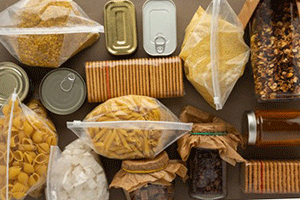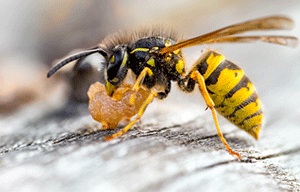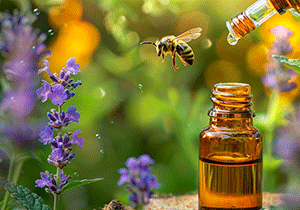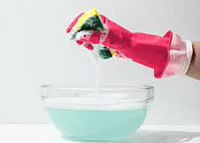Wasps can be a significant nuisance and a potential hazard in both your yard and house. However, it's possible to manage and eliminate wasps naturally without resorting to harsh chemicals. Here are several natural methods to help you reclaim your space from these buzzing invaders.
Other Topics You Might Like
Helpful Products You Might Like

Product Name

Product Name

Product Name
"(Paid Links)" 
Understanding Wasps
First, it's essential to understand why wasps are attracted to your yard or house. Wasps are typically in search of food, which includes sugary substances and proteins. They are also looking for safe places to build their nests. Identifying what draws them can help you take effective preventative measures.

Natural Deterrents
Plant Repellents
Certain plants can repel wasps due to their scent. Planting herbs like mint, eucalyptus, wormwood, and citronella around your yard can deter wasps. These plants not only keep wasps at bay but also add beauty and aroma to your garden.
Essential Oils

Essential oils such as peppermint, clove, and lemongrass can be powerful wasp deterrents. Mix a few drops of these oils with water and spray around your house and yard. Focus on areas where wasps are likely to build nests, such as eaves, porch roofs, and sheds.
Vinegar
Vinegar is another natural wasp repellent. Create a mixture of equal parts vinegar and water and spray it in areas where you notice wasp activity. Vinegar’s strong scent can deter wasps from coming close.
Removing Existing Nests
If wasps have already established nests, you’ll need to take careful steps to remove them.
Soap and Water Solution
A simple mixture of dish soap and water can be effective against wasps. Spray the solution directly onto the nest during the evening or early morning when wasps are less active. The soap clogs their breathing pores, leading to their demise.

Vacuum
If you have a shop vac, you can use it to remove a nest. Place the vacuum near the nest's entrance and turn it on. The suction will pull the wasps into the vacuum, where they will eventually die. This method requires caution and proper protective clothing.
Smoke
Smoke can be used to evacuate wasps from their nest. Light a small fire under the nest or use a smoker (commonly used in beekeeping). The smoke will drive the wasps away, allowing you to remove the nest safely.
Preventing Future Infestations
Regular Maintenance
Regularly inspect your property for signs of new nests, especially in the early spring. Destroying small nests before they become large colonies is easier and safer.
Seal Entry Points
Ensure that all potential entry points to your house are sealed. This includes cracks in walls, gaps around windows and doors, and any other small openings. Wasps can squeeze through tiny spaces, so thoroughness is essential.
Cleanliness
Maintain cleanliness in your yard. Keep garbage bins tightly sealed, clean up food spills, and remove fallen fruits from trees promptly. These are common attractants for wasps.
Decoy Nests
Wasps are territorial and will avoid building a nest near an existing one. Hanging up decoy nests can trick wasps into thinking the area is already occupied.
Conclusion
Dealing with wasps naturally requires a combination of deterrents, removal strategies, and preventative measures. By utilizing plants, essential oils, and other natural solutions, you can keep wasps at bay without harming the environment or exposing your family and pets to harmful chemicals. Regular maintenance and vigilance will ensure that your yard and home remain wasp-free, allowing you to enjoy your outdoor spaces peacefully.
